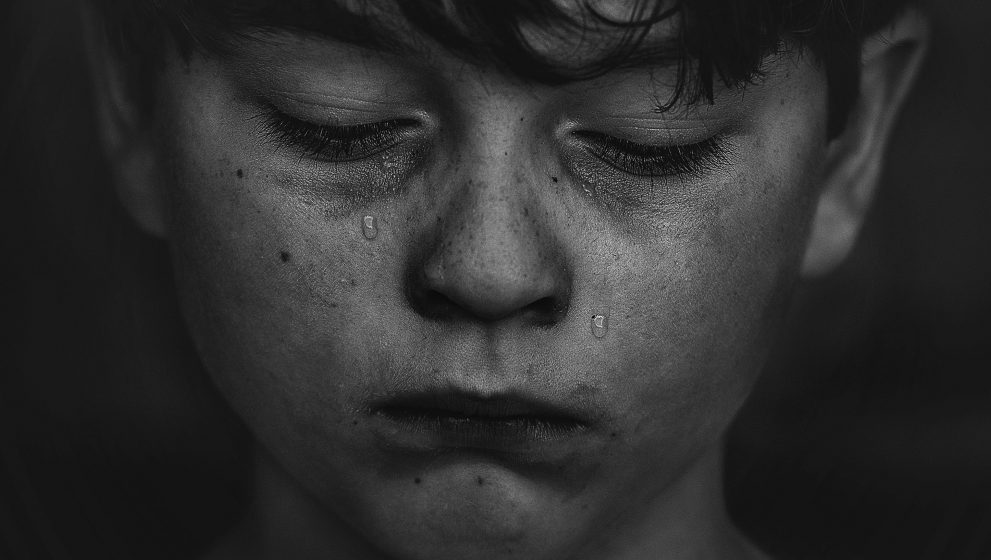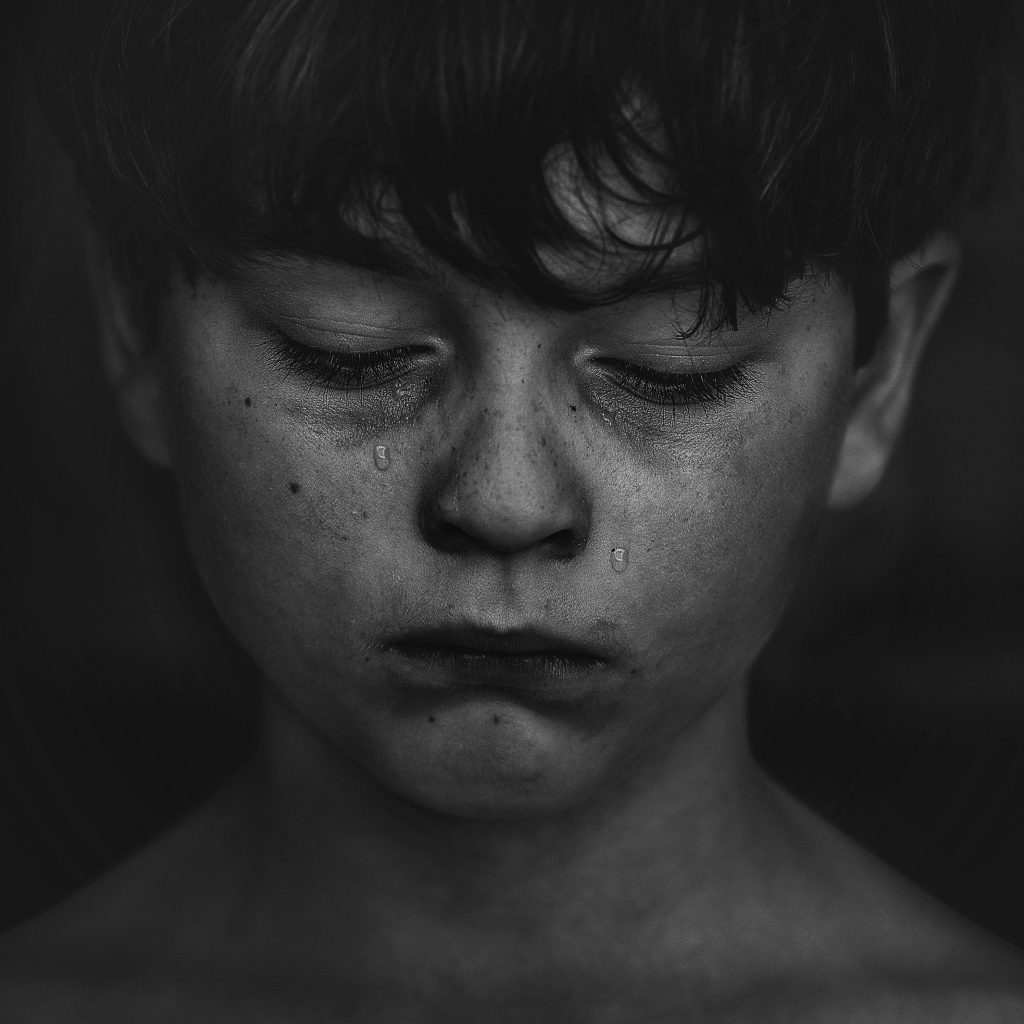Verbal Abuse

VERBAL ABUSE
Verbal abuse can be sneaky. And it is also very destructive. You think of someone yelling at you, calling you names, telling you things so that you begin to doubt yourself.
Verbal abuse is social rejection in language, writes Peg Streep, author of Mean Mothers: Overcoming the Legacy of Hurt.
Bullying is a type of verbal abuse. Verbal abuse can also be part of emotional and psychological abuse. It hurts, deeply.
Studies in brain function shows that social rejection has the same effect as physical pain. Physical and emotional pain have the same neural circuitry.
Calling you by derogatory names is an attack on your character rather than your behavior. There is a big difference between calling you “stupid”, “dumb”, “you’ll never amount to anything” and saying that your behavior at a particular time was unacceptable or a poor choice. The first is attacking you as a person; the second still upholds you as a good person who has, nevertheless, chosen behavior that is not admirable.
Verbal abuse that begins in childhood has a particularly destructive effect that lasts, without help, throughout adulthood. The negative criticism, name calling, bullying, put downs, you hear as a child becomes your belief about yourself. No wonder you have low self esteem or low self image! Children do not yet have the ability to filter and understand the effects of these words.
Mean mothers are not the only verbal abusers of course. Other family memberships, including fathers, grandparents, siblings, and teachers can be guilty of such language. It may be pervasive in whole family systems going back for generations.
It is pervasive in society. Our attention is drawn to social media with the verbal nastiness that some teens and adolescents throw at each other. Where do you think they learned this?
THE IMPORTANCE OF RESPECT
The good news is that if you are the recipient of verbal abuse, whether as a child or now as an adult, you can recover from the belief that you are what you were called.
As with all types of abuse, first you learn about respect. True respect – for yourself and for others.
Respect comes from within first, then it is shown outwardly. Respect is not shown because you were told you had to respect someone. You already know that doesn’t work that way. Think about the people you know who use put downs and name calling. Do you believe they respect themselves? If they did, would they use the language they do?
Verbal abuse can be noisy (boldly stated) or quiet (making you feel invisible for instance).
To refer you to further reading on the subject, here are two articles to get you started. Both were written in the magazine Psychology Today by Peg Streep. Neither article is long and the reading is easy. Please take the time to read them.


